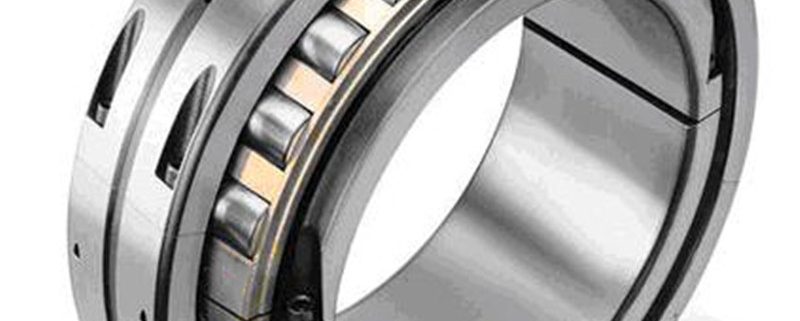What are the design considerations for food-grade bearings?
Bearings are widely used in the food and beverage industry as components in various food processing and packaging machinery. Food-grade bearings must withstand extreme conditions in many applications. Therefore, the life and performance of bearings used in these applications are largely affected by the decisions of designers and engineers. Design considerations that may affect bearing durability in food-grade applications include material, lubrication type, and shielding options.
Bearings for food processing and packaging must withstand harsh operating conditions and the same harsh cleaning procedures to comply with strict hygiene standards and government regulations. Common conditions that bearings must endure include: contact with corrosive food and beverage ingredients, contact with cleaning chemicals, high-pressure washing, and high ambient humidity
Regulatory requirements for the food processing and packaging industry
Food manufacturers have been subject to production and processing regulations for decades, and these standards are still evolving. National and local governments have very strict regulations on the food processing and packaging industry.
The materials used in food packaging or production must be national and local regulations and requirements. This usually includes the bearings and lubricants used in the processing equipment.
The following factors must be considered when the production meets the requirements of food grade bearings:
Lubrication method
Like most bearings, lubrication plays a vital role in extending the life of food-grade bearings and improving their overall performance. Food processing and packaging equipment requires special lubricants that can withstand the harsh conditions generated during the cooking process and the frequent washing required to maintain hygienic conditions.
The choice of lubricant depends on the various conditions that the bearing will be subjected to, as well as any relevant regulatory requirements for the particular type of operation or product. Since lubrication may come into contact with food, the lubricant used must meet specific regulatory standards.
Proper lubrication depends entirely on the specific conditions of the application. Generally, lubricants should have good anti-corrosion and anti-wear properties. Lubricants used in high temperature applications must maintain oxidation stability at standard operating temperatures.
Materials
Not all metals are suitable for food processing and packaging. The materials used in the manufacture of food-grade bearings should have the highest purity to create durable and highly corrosion-resistant bearings. Metals such as stainless steel are widely used in food processing.
Although expensive, nitrogen-strengthened martensitic stainless steel bearings with extremely corrosive elements are often selected. The corrosion resistance of these bearings is five times that of standard stainless steel bearings.
seal
Bearings in food processing plants and packaging plants are constantly exposed to liquids and various types of debris and are often washed. Sealed or shielded bearings are essential to keep lubricant in the assembly while keeping unwanted debris and fluid out of the inside of the bearing assembly.
The seals and protective covers used must also comply with food industry regulations and guidelines for use with liquids, food and chemicals, so that they will not contaminate any products. Nitrile rubber and fluorine rubber are the most commonly used sealing materials for food-grade bearings, and they may also be wrapped in stainless steel or galvanized steel. The design and construction of the seal can significantly improve the function of the bearing in extreme environments.
Decho is a professional supplier on food-grade bearings. If you need any , pls contact us by email [email protected]




